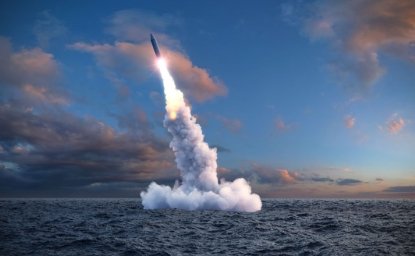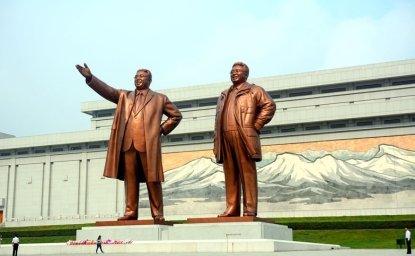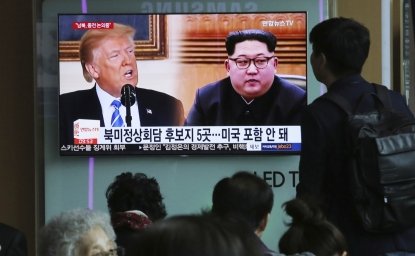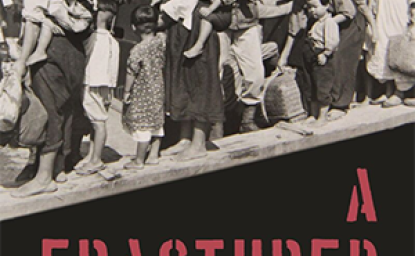As we observe the 70th anniversary of the end of World War II, Shihoko Goto describes the end of war from Japan's perspective. “Japan can be a stronger regional leader by articulating its history as a whole, both as a victim and as an aggressor,” Goto says.
About Shihoko Goto
Shihoko Goto is the senior Northeast Asia associate at the Woodrow Wilson Center's Asia Program, where she is responsible for research, programming, and publications on Japan, South Korea, and Taiwan. She is also a contributing editor to The Globalist, and a fellow of the Mansfield Foundation/Japan Foundation U.S.-Japan Network for the Future for 2014 to 2016. Prior to joining the Wilson Center, she spent over ten years as a journalist writing about the international political economy with an emphasis on Asian markets. As a correspondent for Dow Jones News Service and United Press International based in Tokyo and Washington, she has reported extensively on policies impacting the global financial system as well as international trade. She currently provides analysis for a number of media organizations. She was also formerly a donor country relations officer at the World Bank. She received the Freeman Foundation’s Jefferson journalism fellowship at the East-West Center and the John S. and James L. Knight Foundation’s journalism fellowship for the Salzburg Global Seminar. She is fluent in Japanese and French.









